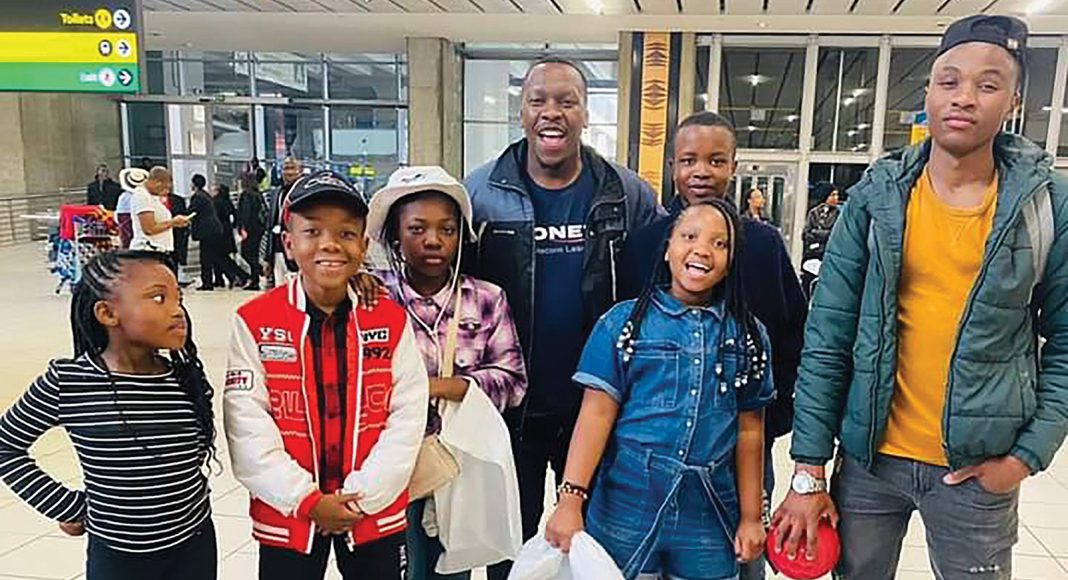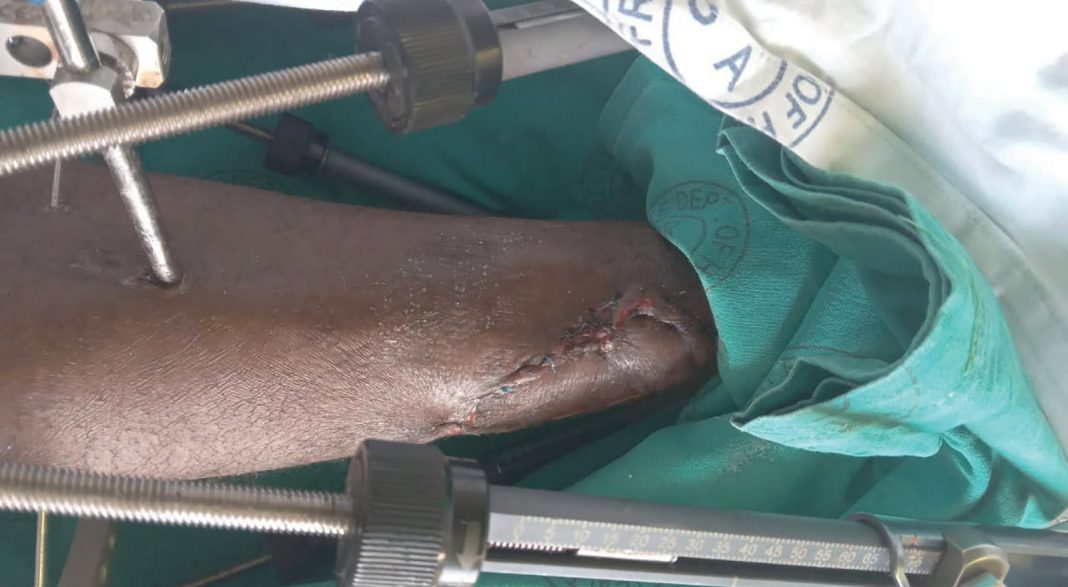The global financial architecture has failed to provide adequate development financing for Lesotho’s structural transformation, a recent report by the African Development Bank (AfDB) says.
The Country Focus Report 2024 titled ‘Driving Lesotho’s Transformation – The Reform of the Global Financial Architecture’ reveals that a total of USD 0.812 billion is required to achieve the United Nations Sustainable Development Goals (SDGs) by 2030, with a financing gap of USD0.718 billion.
It also notes that in terms of total financing needs to achieve Agenda 2063, the amount required is 0.1421 billion, with a financing gap of USD0.1257 billion.
The AfDB says it is therefore imperative that resources be mobilised to close the financing gap including by increasing domestic revenue collection and finding innovative sources such as climate finance.
Critically, the bank identifies poor governance, low productivity in agriculture, lack of food and employment security, among others, as impediments to the country’s development.
It further cites poor physical and social infrastructure, environmental degradation and climate vulnerabilities, population growth, poor fiscal management, political instability and financing constraints as other worrying impediments that need urgent addressing.
To address these myriad challenges, Lesotho should pursue sound monetary and fiscal polies tailored to its circumstances.
Such policies should prioritise spending and take into account the fiscal space available, and avoid crowding out the private sector, the AfDB said.
It also noted that Lesotho, which imports 80 percent of its food needs from South Africa, should encourage local production. This has the potential to ease pressure on the loti, tame inflation, reduce its debt and improve the balance of payments.
In the medium to long term, the government should intensify domestic resource mobilisation efforts by improving tax compliance and administration. Lesotho is already actively engaging in tax reforms through initiatives such as the Bank- supported Lesotho Tax Modernisation Project (LTMP), which focuses on modernising tax administration and leveraging digital solutions to improve revenue collection.
The AfDB also urged the government to create an enabling environment to do business as a way of improving foreign direct investment. According to the Ease of Doing Business World Bank Report, 2020, Lesotho was ranked 122nd out of 190 economies.
The country’s lowest rankings were recorded in the following sub indicators: dealing with construction permits, getting electricity, protecting minority investors and resolving insolvency. This poor performance was due to from cumbersome business procedures, insufficient access to finance, inadequate digital infrastructure, and skill gaps, among others.
“To attract investment, Lesotho needs to improve its business environment. The country is open to, and eagerly seeking to attract foreign direct investment (FDI). In recent years, Lesotho has made major strides in improving its business environment in terms of licensing, business registration, water, and electricity connections. “With the advent of the new government in October 2022, the Kingdom has announced its intention to strengthen the private sector and to welcome foreign direct investment focused on job creation, market diversification, and local capacity development,” the World Bank report observed.
The AfDB also indicated that Lesotho should implement structural reforms aimed at stimulating job creation and investment, and improving productivity to build a resilient economy. This will enhance the competitiveness and growth potential of the economy.
The reforms may include improving the business environment regulations to support more flexible labour markets, streamline the tax system or reduce the red tape, making it easier for companies to do business and plan for the future, it said.
It added that the structure of Lesotho’s exports suggests that there has been some transformation characterised by an increase in the export of precious stones, despite the dominance of textiles in exports.
However, this structural transformation has not translated into corresponding improvements in employment and poverty outcomes.
To address this, the AfDB suggested, Lesotho needs to define the type of institutions that need to be developed to address all constraints to effective implementation of policies that have the potential to transform the economy, create jobs and reduce poverty.
It is not all gloom and doom as the country has certain opportunities which it can exploit to become a fully-fledged middle-income country.
For instance, it can revitalise the manufacturing sector and add value to diamonds to create employment opportunities.
Also, the private sector can engage in value chain development in the agro-processing industry to take advantage of the regional market opportunities.
“Horticulture offers remarkable opportunities for the country to scale up participation in the regional value chain and agro-processing. The country has fertile soils supported by abundant water resources, conducive for agricultural production which in turn can lead to food security.
“It is also a cost-effective supplier of water to South Africa and Botswana, which can improve its fiscal position.
“It has potential for mohair and value addition in diamond processing.
“It has unfettered access to the range of South Africa’s expertise and advanced technology, which it can use to further its development agenda,” the AfDB report pointed out.









